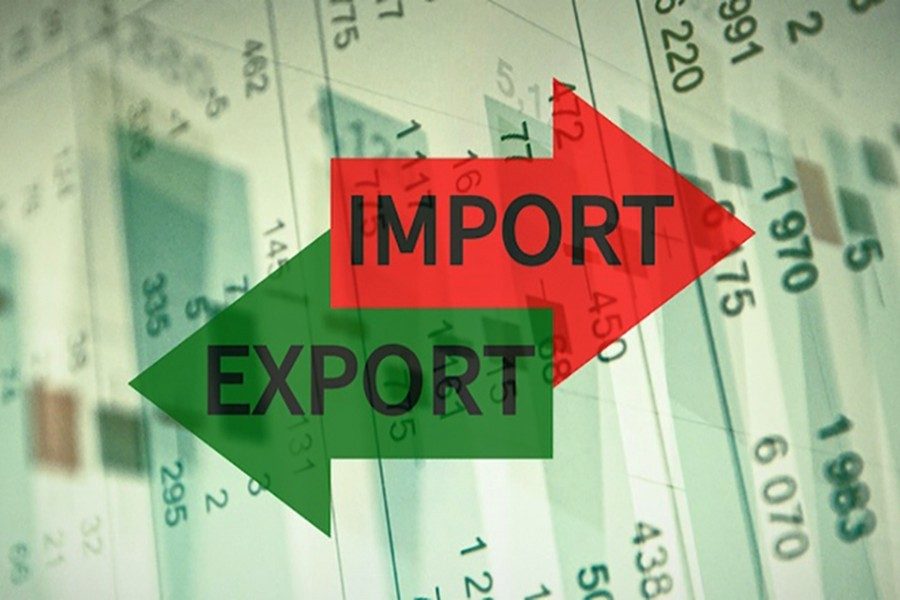“We are optimistic of the trade touching $1 billion in the next few years. The balance of trade is in India’s favour and we hope this improves,” said Uzbekistan’s Ambassador to India Dilshod Akhatov.
The historically strong bilateral relationship between India and Uzbekistan has been further boosted by the increasing presence of Indian industries and university campuses in the Central Asian country.
“Our association with India can be traced back to thousands of years through the times of the Spice Route. As of now, there are close to 450 Indian companies in Uzbekistan and more than 260 of these are 100 per cent owned by Indians,” Uzbekistan’s Ambassador to India Dilshod Akhatov told.
Most of the companies are pharmaceuticals majors including joint ventures. There are also factories for processing stones, marbles and mining.
Meanwhile, the value of bilateral trade between the two countries has touched $700 million and is growing.
“We are optimistic of the trade touching $1 billion in the next few years. The balance of trade is in India’s favour and we hope this improves,” the Ambassador added.
Exports from India to Uzbekistan include pharmaceuticals, foodstuffs, mechanical equipment, chemical products and textiles amongst others. Imports from Uzbekistan include foodstuffs, construction materials, chemical products, non-ferrous and ferrous metals, footwear and leather products amongst others.
Interestingly, Uzbekistan has a manufacturing facility of small machinery and components for IL 76 aircraft and exports these products to India.
The Uzbeks are looking at using Chabahar port for exports, which has been made with Indian investment, and modalities are being worked out.
Uzbekistan is at present using a multi-modal transport for exports which includes land, rail and sea. If they get to export from Chabahar, then the cost would reduce further as the Uzbeks at present export from Bandar Abbas, which is further away from India.
“One of the major challenges that we face are high customs duties. For instance, the quality of dry fruits which includes almonds, figs, raisins are very good but the high import duties (40 per cent for some products) does not make it viable. We hope this is rationalised,” the Ambassador added. Dry fruits exported from Afghanistan have no export duty and the cargo tariffs are also almost negligible. If this tariff structure was extended to the Uzbeks, it would lead to an increase in exports.






